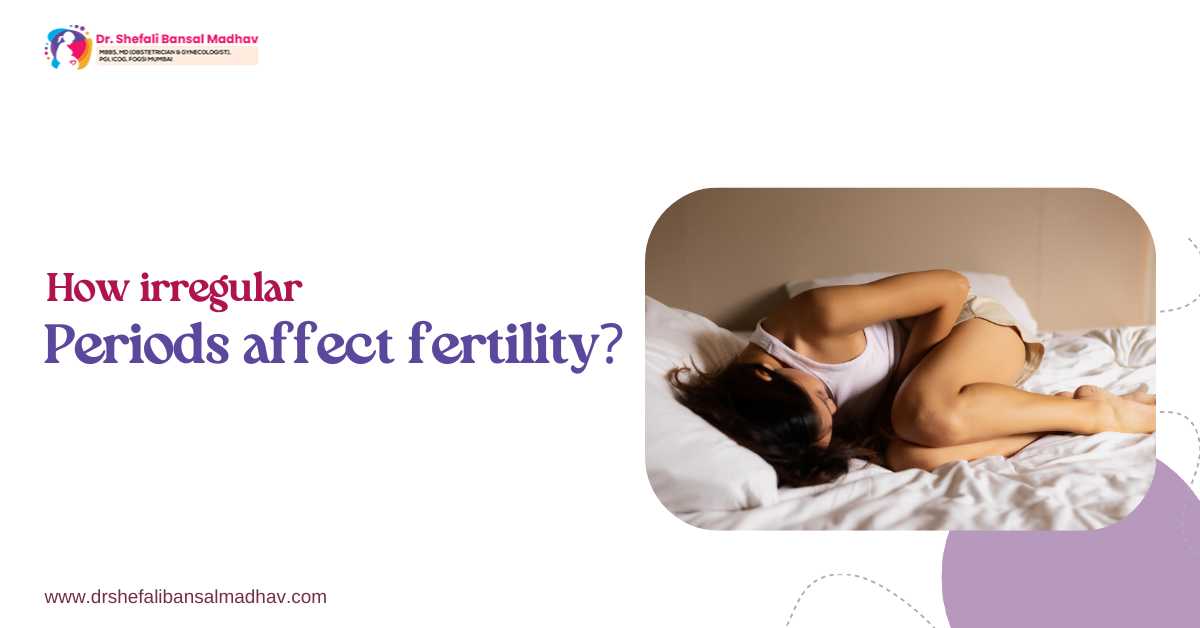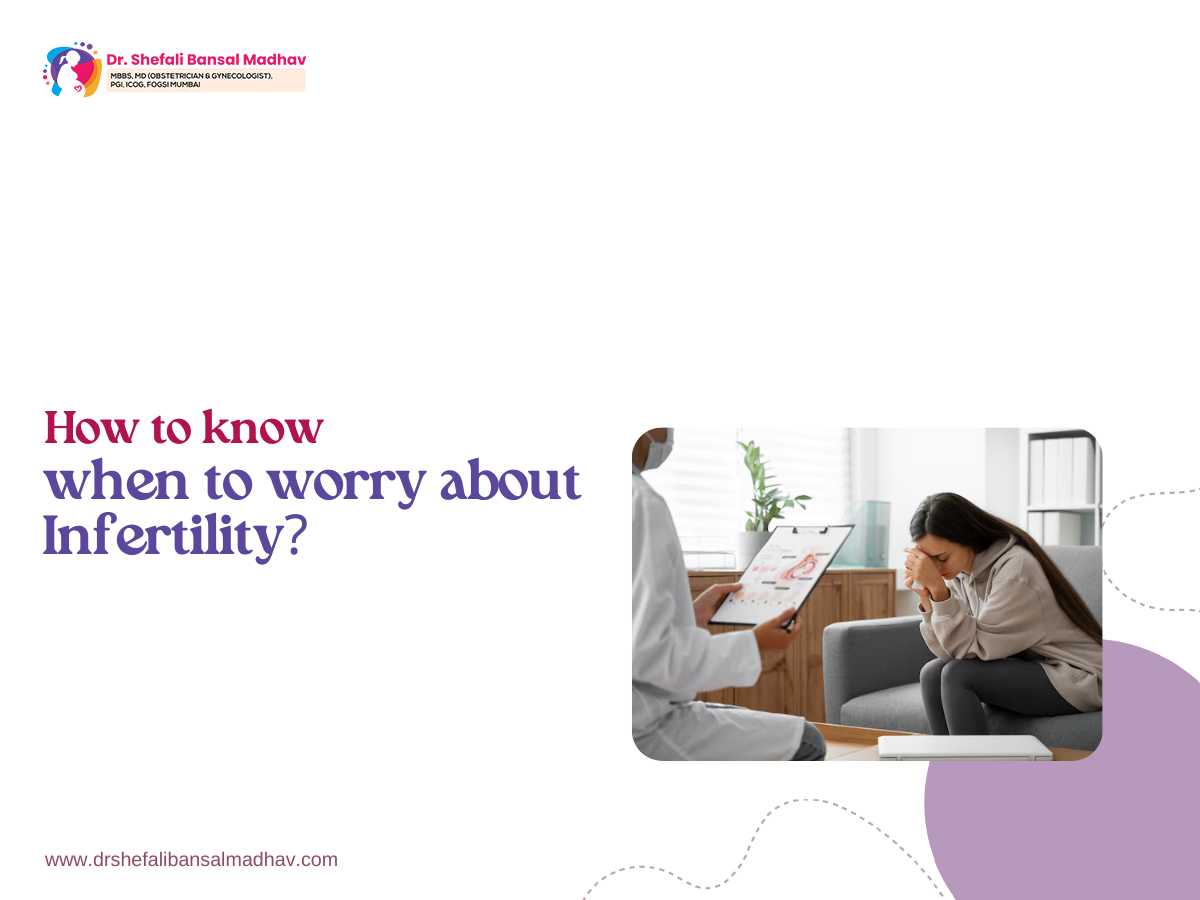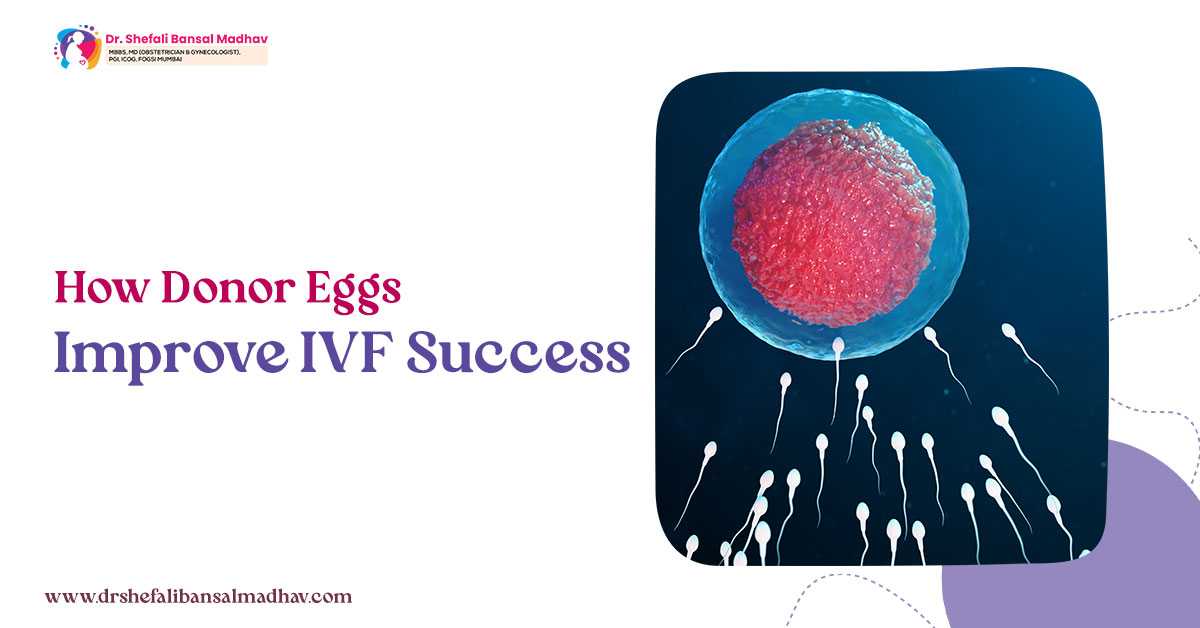The right diet plan can help you heal many health issues, from heart health to fertility. While medication and procedures are available, lifestyle and diet modifications are vital.
Basically, infertility doctors recommend lifestyle changes as a first-line treatment for trouble conceiving to many people. You can consult the best IVF doctor in Siliguri for personalized infertility care.
Did you know toxins from foods in your body over time can cause hormonal imbalance? This can lead to PCOS, or ovulation disorder, causing fertility problems. If your lifestyle and diet is unhealthy, you need to modify your dietary choices first.
Unhealthy food consumption and eating habits affect every aspect of your health, including reproductive health (both in males and females). Nutrients play important roles in your hormonal balance. Also, essential nutrients help improve egg and sperm quality, and the overall health of your reproductive tract.
Essential Nutrients Boosting Your Fertility
Antioxidants.When free radicals can hurt eggs and sperm, antioxidants neutralize such harmful molecules. Foods rich in antioxidants keep you from a number of health concerns, such as heart concerns, fertility issues, cancer.
To increase and protect your fertility, you can have foods like berries, leafy greens, nuts, seeds, cruciferous vegetables, carrots, pumpkin, onions, tomatoes, garlic, tofu, green tea, peas, beetroot, beans, lentils, red capsicum, etc to your diet.
Omega-3 Fatty Acids. Proper intake of these healthy fats can improve fertility and fertilization rates. These nutrients reduce inflammation in your body and boost ovulation along with hormone production.
Omega-3 fatty acid sources include walnuts, chia seeds, flaxseeds, fatty fish (like salmon and sardines), green leafy vegetables, supplements, etc. Always ask your healthcare provider before you start consuming any food supplements.
Folic Acid: This nutrient is essential for both male and female fertility, known as vitamin B9. It helps with DNA synthesis and repair and cell division.Plus, folic acid is crucial before and during pregnancy, which helps in embryonic development, implantation, oocyte quality, etc.
Also, this nutrient can prevent neural tube defects (birth defects). Sources of folic acid include leafy greens, citrus fruits, bananas, berries, broccoli, lentils, asparagus, chickpeas, legumes, fortified grains, eggs, etc.
Iron. Low iron in your body can lead to anovulation (lack of ovulation), including an increased risk of miscarriage, low birth weight, premature labor, etc.
In men, low iron can cause hypoxic issues in the testicles, affecting sperm. Additionally, iron deficiency is linked to low sperm count function and maturation. Consult the best IVF doctor in Siliguri to get expert recommendations.
Have iron-rich foods like beetroots, nuts, tofu, lentils, kidney beans, spinach, peas, green leafy vegetables, cashews, pumpkin seeds, broccoli, chickpeas, and lean meats.
Zinc. This is one of the most essential nutrients we often overlook. This mineral helps in sperm production and ovulation, boosting fertility in males and females.
And, its sources include oysters, grapefruits, beans, corn, pumpkin seeds, kiwi, dairy, legumes, cashews, pine nuts, almonds, chickpeas, seafood, and meat.
Vitamin D. This vitamin is important for both fertility and fertility treatment outcomes. Vitamin D helps with hormone regulation and ovulation, increasing the possibility of natural conception.
Sun exposure, egg yolks,foods like fatty fish, fortified dairy products, fortified breakfast cereals, meat, fortified plant-based milk, etc. are the sources of Vitamin D.
Have a personalized diet from a nutritionist or get diet and lifestyle advice from your fertility doctor. You can reach out to one of the top IVF doctors in Siliguri for comprehensive infertility care.







